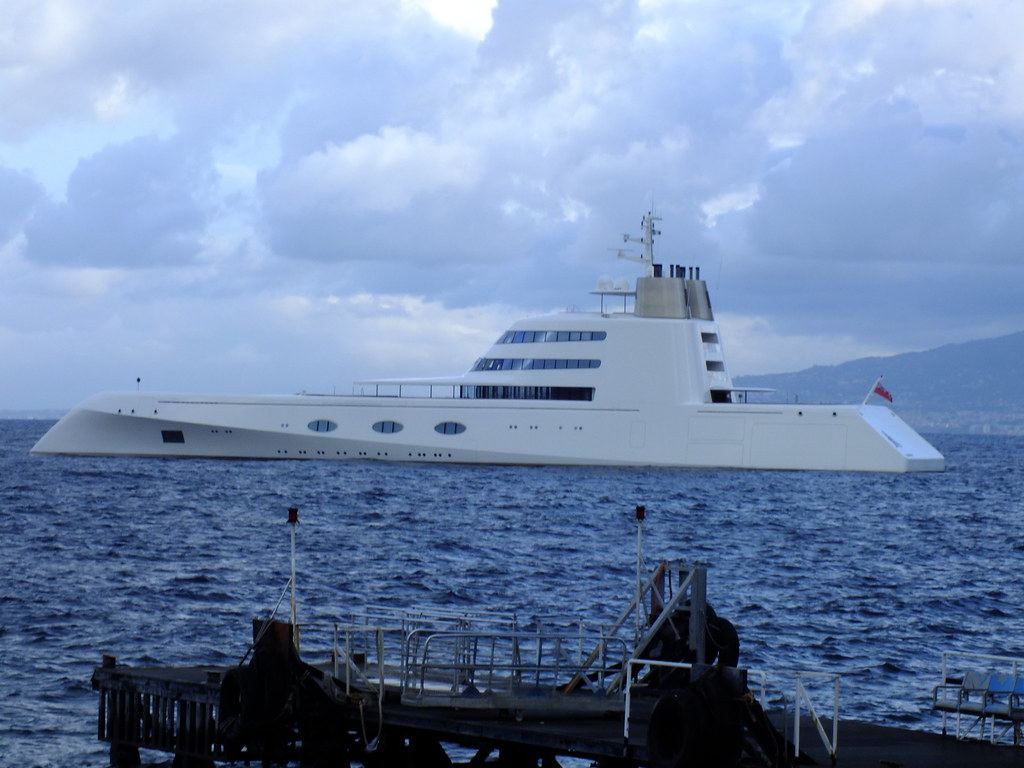WASHINGTON (Transatlantic Today) – As governments race to grab high-profile Russian billionaires’ assets, a stealthy campaign in the West is gaining traction to target their accused “enablers” – the attorneys, money-handlers and lobbyists who critics believe help them invest, hide and safeguard their huge wealth in US and European institutions.
“Yachts, villas and jets attract the most attention,” said Maira Martini, a researcher with the corruption watchdog Transparency International. “But a lot of the oligarchs’ money is in hedge funds and private equity – areas we can’t see.” “That’s the money they’re concerned about.”
Wealthy business moguls with close links to President Vladimir Putin, for decades, have hired respected bankers and attorneys in the West to help them navigate legal gaps that hide their true identities. While using obscure corporations and agents to protect finances isn’t strictly unlawful, some argue that the laws should be toughened to increase openness.
The Organized Crime and Corruption Reporting Project, which is a global investigative reporting platform, focusing on organized crime, illicit financing, and corruption, says it has uncovered more than 150 assets worth $17.5 billion which are held by 11 Russian elites and their believed enablers, whereas a Forbes report identified over 82 properties held by 16 sanctioned Russian oligarchs around the world, totaling $4.3 billion.
The assets that have come to light are most likely a small portion of the oligarchs’ total wealth. Experts say the full scope is difficult to determine since they frequently hide their finances through a complex network of shell businesses, obscure entities, and stand-ins.
Now, with the conflict in Ukraine blazing, politicians and anti-corruption watchdogs are urging governments to plug such loopholes and prosecute the middlemen who know how to take advantage of them.
Rep. Steve Cohen, D-Tenn., said that operation of Putin’s oligarchs without the western enablers who allow them access to our political systems and financial system, isn’t possible. These shady lawyers, accountants, trust and business service providers, and others should conduct basic due diligence on their clients to verify that they are not taking blood money. This isn’t rocket science; it’s just a sound strategy to safeguard democracy.
The ENABLERS Act, introduced by Cohen and others in Washington, would necessitate hedge fund managers, real estate brokers and other entities to ask basic due diligence questions whenever they were approached by someone, carrying a suitcase full of cash, believes Rep. Tom Malinowski, D-N.J., a co-sponsor of the bill.
Based on its analyses of leaked financial documents and public records obtained over the past decade, the International Consortium of Investigative Journalists, a global network of journalists and newsrooms that has traced the tax havens and financial secrecy of the wealthy, has recognized at least a dozen networks of banks, offshore agents, and facilitators around the world that have allegedly helped Russia’s elites move and hide their money.
This includes a variety of actors, ranging from global offshore law companies that set up shell companies and other obscure entities to help the rich Russians keep their finances under wraps, to one-man shops in offshore tax havens that assist in setting up “nominee” shareholders and paid stand-ins to hide the true entity owners


























